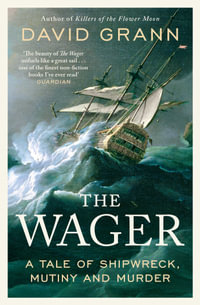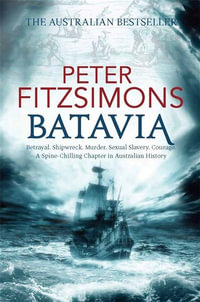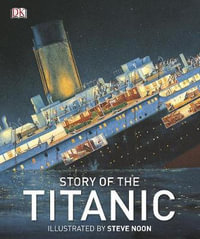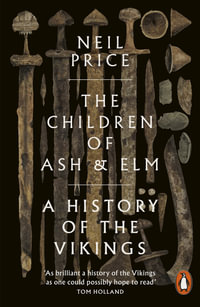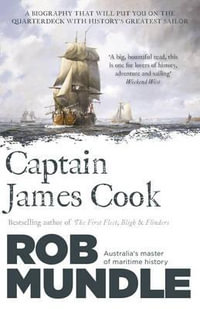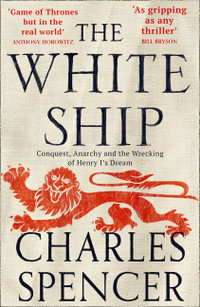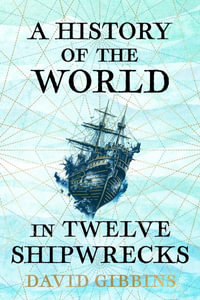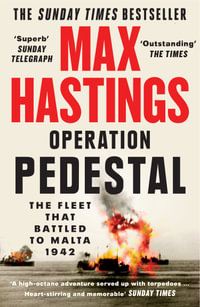This book profiles the port of Charles Town, South Carolina, during the two-year period leading up to the Declaration of Independence. It focuses on the dramatic hanging and burning of Thomas Jeremiah, a free black harbor pilot and firefighter accused by the patriot party of plotting a slave insurrection during the tumultous spring and summer of 1775. To examine the world of this wealthy, slave-holding African American through his trial and execution, William R. Ryan uses a wide array of letters, naval records, personal and official correspondence, memoirs, and newspapers. He shows that the black majority of the South Carolina Low Country managed to assist the British in their invasion efforts, despite patriot attempts to frighten Afro-Carolinians into passivity and submission. Although Whigs attempted, through brutality and violence, to keep their slaves from participating in the conflict, Afro-Carolinians became actively involved in the struggle between colonists and the Crown
as spies, messengers, navigators and marauders. The book demonstrates that an understanding of what was going on in this vital seaport during the mid-1770s has broader implications for the study of the Atlantic world, African American history, naval history, urban race relations, labor history, and the turbulent politics of America's move toward independence.
Industry Reviews
"The author's greatest success is finally putting to bed the idea that South Carolina's
patriot leaders were able to conduct their revolution almost entirely as they wished. Here we see them desperately trying to manage the demands of artisans and sea captains at the same time as they struggled with the inherent contradictions that arose when a group of slaveholders joined a movement whose purpose was to seek liberty from an oppressor."--Labor
"[S]uperbly researched and argued."--The South Carolina Historical Magazine
"Ryan has created a work that gets to the heart of revolutionary movements. His study reveals the divisions and social stresses in the southern colonies, delves into the psychology of slaveholders in pre-revolutionary Charleston, highlights the dilemmas of the free and enslaved laborers in the Low Country of South Carolina, and determines the motivations of those who participated in the Revolution. As such, it will be of interest to sociologists, political
scientists, cultural studies scholars, and historians alike."--Journal of Interdisciplinary History
"There have been a number of books published about colonial and revolutionary South Carolina. However, not since Richard Walsh's Charleston's Sons of Liberty (1959) has a scholar so effectively dealt with the city's underclasses and their relationship with the colony's ruling elite. Ryan not only enters the world of Thomas Jeremiah effectively, but he convinces the reader that Jeremiah and his world had a tremendous impact on the wealthiest elite in
colonial America."--Walter B. Edgar, University of South Carolina
"This is an important, interesting, informative, well researched, and well-conceived book. It is concrete, using sources which bring the early years of the American Revolution in and near Charleston to life. It has several important strengths. It leaves the usual New England focus behind. It emphasizes the racial, class, and regional dimensions of the American Revolution in the Southeast, emphasizing the strength of Afro-Americans within the context of
demography and their maritime skills, especially as pilots in treacherous and ever changing channels and harbor entrances."--Gwendolyn Midlo Hall, Rutgers University
"Recommended."--CHOICE
"The great strengths of this book lie in the provocative issues raised but left unresolved and in the reminder that 'the revolutionary era offered...new opportunities to challenge both the institution of chattel bondage and the allied structures of white supremacy.'"--Journal of American History
"A natural for classroom use."--Reviews in American History

